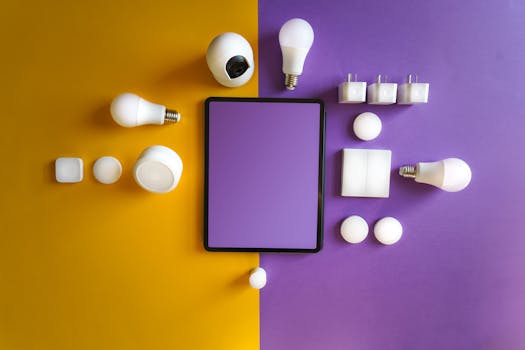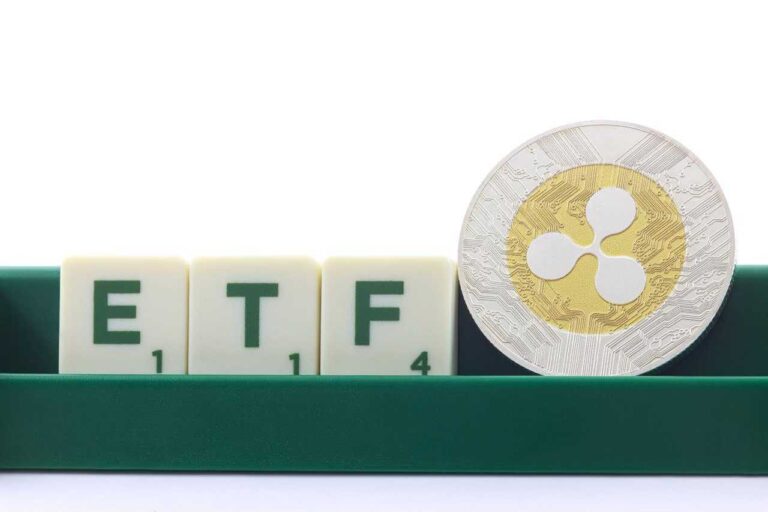
Home Automation in 2025: The Smart Home Ecosystem
Introduction to Home Automation
Home Automation in 2025: The Smart Home Ecosystem is revolutionizing the way we live and interact with our homes. With the increasing demand for convenience, energy efficiency, and home security, smart home technology has become an essential aspect of modern living. In this article, we will delve into the world of home automation, exploring the latest trends, innovations, and benefits of creating a smart home ecosystem.
What is Home Automation?
Home automation refers to the use of technology to control and monitor various aspects of a home, including lighting, temperature, security, and entertainment systems. This is achieved through a network of devices, sensors, and controllers that communicate with each other to create a seamless and efficient smart home ecosystem. Home automation systems can be controlled remotely through smartphones, tablets, or voice commands, making it easy to manage your home from anywhere.
Benefits of Home Automation
The benefits of home automation are numerous, ranging from increased convenience and energy efficiency to enhanced home security and improved air quality. Some of the key advantages of home automation include:
- Energy Efficiency: Smart home systems can optimize energy consumption by automatically turning off lights, appliances, and heating/cooling systems when not in use.
- Home Security: Home automation systems can integrate with security cameras, door locks, and alarm systems to provide an additional layer of protection and peace of mind.
- Convenience: With home automation, you can control multiple devices with a single interface, making it easy to manage your home with minimal effort.
- Improved Air Quality: Smart home systems can monitor and control air quality, adjusting ventilation and filtration systems to create a healthier indoor environment.
Smart Home Devices and Systems
The smart home ecosystem consists of a wide range of devices and systems, including:
- Smart Speakers: Devices like Amazon Echo and Google Home enable voice control and integration with various smart home devices.
- Smart Thermostats: Devices like Nest and Ecobee learn your temperature preferences and adjust the heating/cooling system accordingly.
- Smart Lighting: Systems like Philips Hue and LIFX offer energy-efficient and customizable lighting solutions.
- Security Cameras: Devices like Ring and Nest Cam provide real-time video monitoring and alerts for enhanced home security.
Conclusion
In conclusion, home automation in 2025 is all about creating a seamless and efficient smart home ecosystem. With the latest innovations and trends in smart home technology, homeowners can enjoy increased convenience, energy efficiency, and home security. As the smart home industry continues to evolve, we can expect to see even more exciting developments and integrations in the future.





